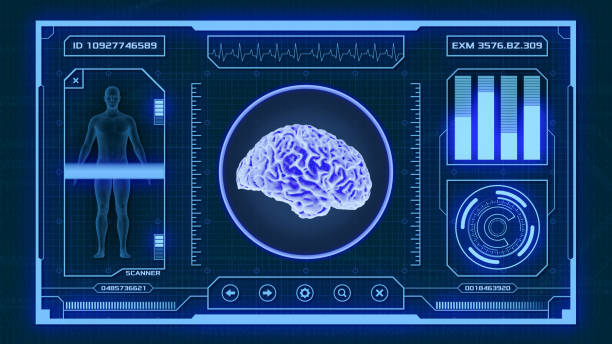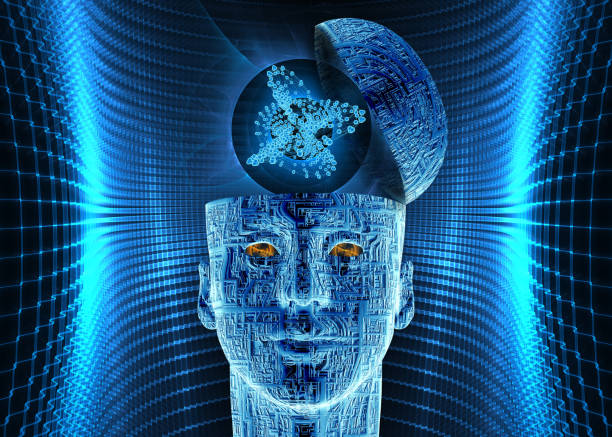Digital Health: AI and Wearable Devices in Medicine
Last week our science teacher was talking about new technology. He said now doctors also use computers and gadgets for health. He called it digital health. At first, I did not understand, because I thought only doctors with stethoscope and hospitals can take care of us. But when he gave examples of AI and wearable devices, I was surprised. I thought wow, even a watch can help to save a life!
What is Digital Health?
Digital health is when we use technology for health. Like when you check steps on a smartwatch, or when a doctor checks X-rays with computer. Before, people always had to go to hospital, but now some things we can do at home.
I feel it is like mixing health and computers together.
Also Raed: The Role of Virtual Reality and Augmented Reality in Modern Education
AI in Medicine
AI means Artificial Intelligence. It is like when machines act smart. In medicine, AI can do many things.
-
It can read X-rays and tell if something is wrong.
-
It can find diseases early.
-
It can help doctors not to make mistakes.
I think AI is like a helper, like a smart friend for doctors. Doctors still do everything, but AI makes them faster.
Sometimes I feel it is like a superhero computer who helps save lives.

Wearable Devices
Wearable devices are things we can wear on our body. Like watches, bands, or glasses.
My uncle has a smartwatch. One day his watch showed his heart rate was very high. He got worried and went to the doctor. The doctor said it was good that the watch warned him. Maybe it saved him from danger. When I heard this story, I was shocked. I thought a watch is only for time, but now it can even save people!
Examples of Wearables
-
Smartwatch – shows steps, heart, sleep.
-
Fitness band – shows calories and exercise.
-
Sugar monitor – for diabetic patients to check sugar.
-
Smart glasses – some doctors use them in surgery.
These are not just gadgets for show, they are helpers for health.
Why They Are Important
I think AI and wearables are important because they help fast, and they don’t get tired.
-
They save time.
-
They give reminders for medicine.
-
They warn people before something bad happens.
-
They make patients feel safe.
For old people, it is very good. If they fall down, the device can call for help.
Benefits for Doctors
Doctors also get help. If there are many patients, AI can tell which patient is more serious. The devices can send health data to doctor directly. So patient doesn’t have to go again and again.
Also Read: Artificial Intelligence in Daily Life: Benefits and Challenges
Problems Also
But not everything is perfect. There are problems also.
-
Devices are expensive. Poor people cannot buy.
-
Internet is not everywhere.
-
Sometimes machines can make mistakes.
-
Health data can be stolen.
So we must be careful.
My Feelings
When I think about it, I feel excited. Maybe in future everyone will wear a small band or chip that tells everything about health. Maybe it will say, “You need to drink water” or “You need to rest.” It sounds funny, but also useful.
But I also think machines cannot be like doctors. Doctors talk kindly, they care like humans. Machines cannot give love and care. So I feel both are needed: doctors and devices.

Conclusion
Digital health, AI, and wearables are making a big change. They help patients and doctors both. They make health better, safer, and faster. But they also have challenges like cost and privacy.
I think this is the future. I am happy I know about it at age 14. Maybe when I grow up, I will see even more amazing things in hospitals and homes.
FAQs
Q1: What is Digital Health, AI and Wearable Devices in Medicine PDF?
It is usually a document (PDF) that explains how digital health works with the help of AI and wearable devices. Such PDFs contain definitions, examples like smartwatches or health apps, benefits (fast results, better care), and challenges (cost, privacy). These are used for study, research, or medical training.
Q2: What is the Difference between Digital Health, AI and Wearable Devices in Medicine?
-
Digital Health: A broad term for using technology (apps, gadgets, internet) for health.
-
AI in Medicine: Smart computers and software that can analyze scans, predict diseases, or support doctors.
-
Wearable Devices: Gadgets like smartwatches or fitness bands that patients wear to monitor heart rate, sugar, or steps.
Digital health is the big field, and AI + wearable devices are the tools inside it.
Q3: What are AI Wearable Devices in Healthcare?
AI wearable devices are gadgets that not only collect data but also use Artificial Intelligence to analyze it. For example, a smartwatch that not only checks heart rate but also warns about irregular heartbeat using AI.
Q4: What is Wearable Technology in Healthcare?
It means using devices like fitness bands, smartwatches, glucose monitors, and smart clothing to track patient health. Doctors use this data to treat patients better.
Q5: What are AI Health Monitoring Devices?
These are AI-powered devices that can check and record health information. Examples:
-
Smartwatches detecting heart problems
-
AI apps checking sleep patterns
-
AI-based patches that monitor sugar levels
Q6: What is The Emergence of AI-Based Wearable Sensors for Digital Health Technology: A Review?
This means a detailed study (review) on how new AI-powered sensors in wearables (like watches, patches, or bands) are helping in digital health. It explains how sensors collect real-time data and AI makes sense of it for doctors and patients.
Q7: What is the Future of Wearable Technology in Healthcare?
The future of wearables is very bright:
-
Devices will become smaller and smarter
-
They will detect diseases very early
-
Data will go directly to doctors in real time
-
Maybe one day, a device can warn before a heart attack or serious illness
Q8: What is the Impact of Wearable Technology in Healthcare?
The impact is very positive:
-
Patients can monitor health at home
-
Doctors get accurate, 24/7 data
-
Early warnings save lives
-
People become more health-conscious
But there are also challenges like cost, internet access, and data privacy.




